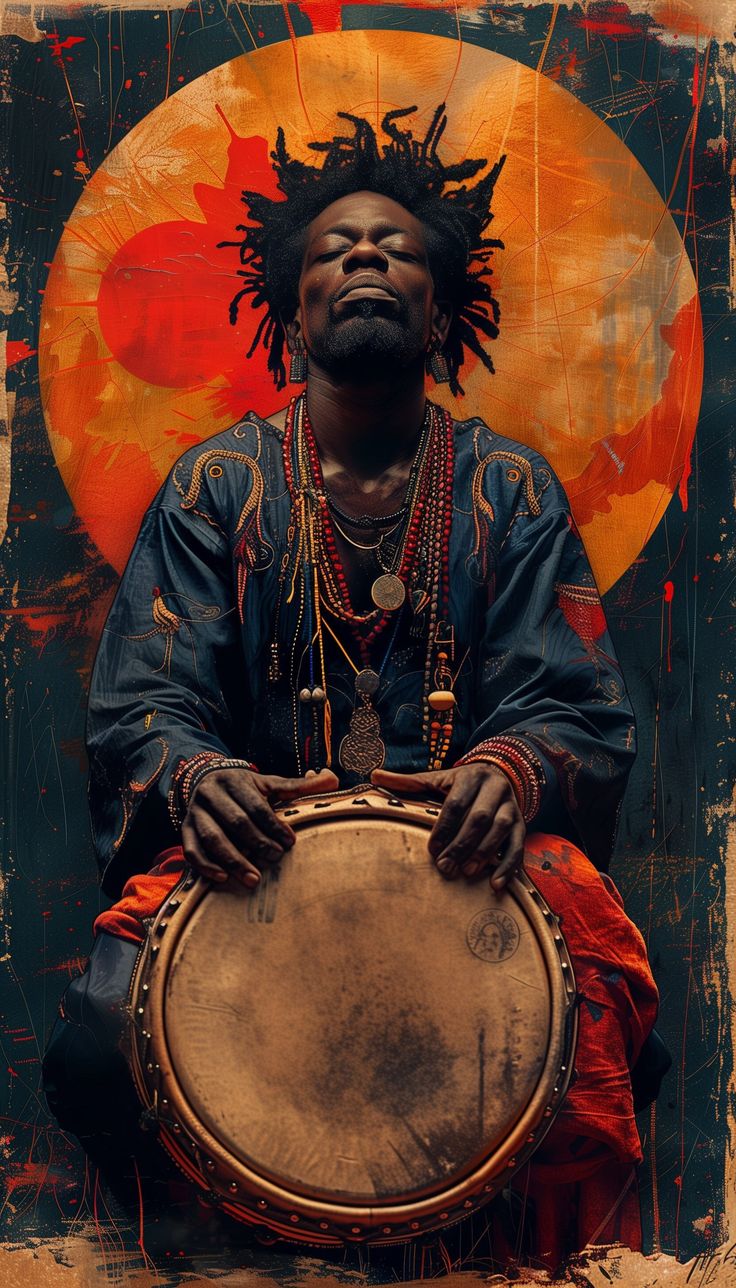Italian journalist Federica Polidoro is addressing her viral interview with Ayo Edebiri after receiving backlash for excluding the actress from a question.
Federica Polidoro took to Instagram on Sunday, September 7, to address her interview with Edebiri, 29, and her After the Hunt costars Julia Roberts and Andrew Garfield at the Venice Film Festival, during which she asked about the MeToo movement and Black Lives Matter protests.
“Following an interview, I have been subjected to personal insults and attacks because of a question that, for some reason, was not well received by some members of the public,” Polidoro wrote in a statement. “I find it striking that those who unjustly accuse me of racism and consider themselves custodians of justice find acceptable violent language, personal attacks, and cyberbullying.”
Polidoro slammed the criticism she received, adding, “I would like to clarify that rather than focusing on the thoughtful responses of Ayo [Edebiri], Julia Roberts, and Andrew Garfield, the discussion continues solely on how I should have phrased the question.”
In a clip from the Arts Life TV interview, Polidoro asked the actors about the real issues at the center of their film. After the Hunt, set to premiere in October, follows a college professor caught in between a sexual abuse accusation involving one of her students and a colleague.
“Now that the MeToo and the Black Lives Matter [movements] are done,” Polidoro asked in the video, which was posted on Friday, September 5. “What do we have to expect in Hollywood and what we lost, if we lost something, with the politically correct era?”
Roberts, 57, replied by asking Polidoro to remove her sunglasses because she couldn’t “tell which of us you’re talking to” before the reporter clarified the question was “for Julia and Andrew.” Edebiri, for her part, jumped in to say she knew the question wasn’t for her, but she argued neither movement was “done at all.”
“Hashtags might not be used as much, but I do think that there’s work being done by activists, by people every day, that is beautiful, important work that is not finished, that is really, really active for a reason,” Edebiri noted. “That work isn’t finished at all.”
In her social media message, Polidoro insisted she didn’t need to apologize for how her question was posed.
“To date, I am not aware of any protocol that dictates the order in which questions must be asked in an interview,” she wrote on Sunday. “Censoring or delegitimizing questions considered ‘uncomfortable’ does not fall within the practice of democracy.”
The reporter shut down accusations of racism toward Edebiri by pointing out that she has interviewed “people of every background and ethnicity” in addition to her own “multi-ethnic” family.
“The real racists are those who see racism everywhere [and want to] limit freedom of analysis, critical thinking, and the plurality of perspectives,” she concluded. “[I reserve the] right to seek legal protection against those who, in recent days, have chosen to hide behind the digital mob to insult and attack [me instead of] seeking a civil and constructive discussion.”
Edebiri has yet to publicly address the interview or the subsequent backlash.

 12 hours ago
1
12 hours ago
1

























 English (US) ·
English (US) ·